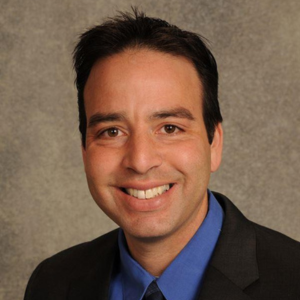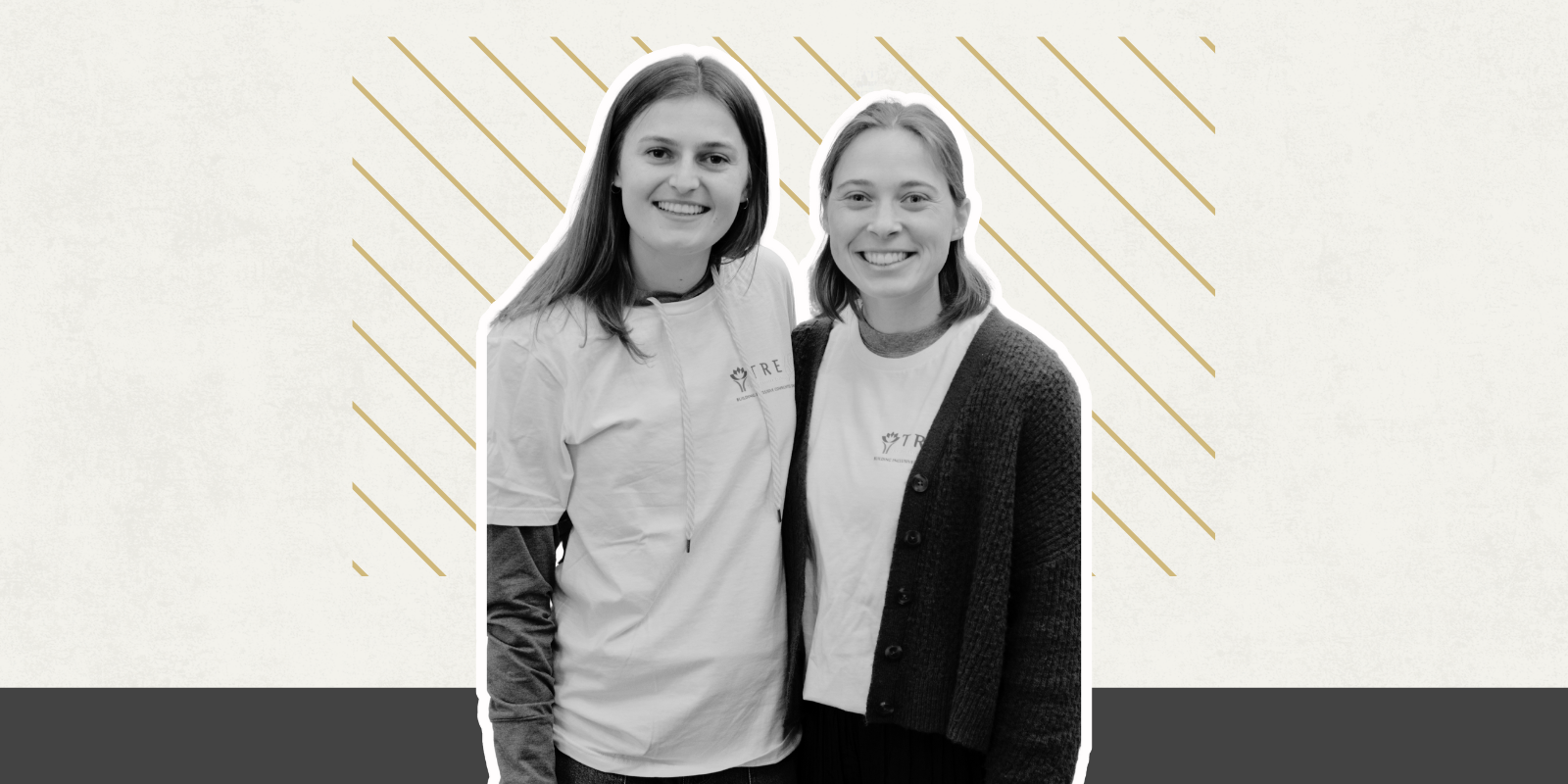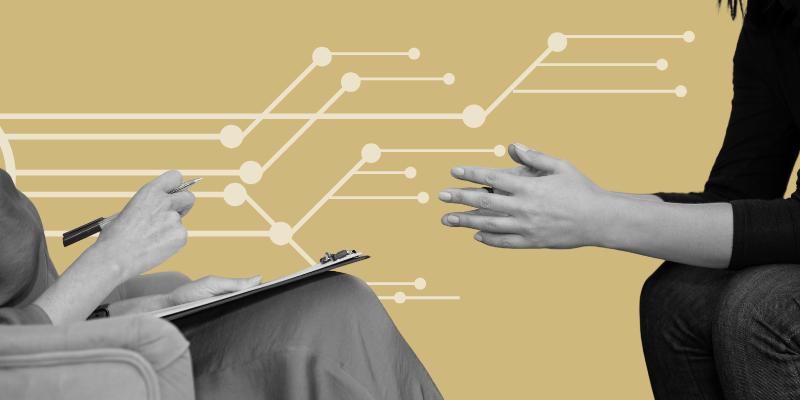What is seasonal depression?
Seasonal depression, or seasonal affective disorder, is when there is a seasonal component to a person’s depression that is reliably consistent with a time of year. It seems to be related to weather factors, such as changes in the weather and habits related to certain kinds of weather, which bring on a depression during certain times, usually winter.
What are the causes?
The research continues to develop over time. I talk about “the perfect storm.” One part of that perfect storm is the changing weather, which causes people to be inside more and not getting exposed to as much light. Light is extremely important for fighting depression. This is coupled with the change in temperature, and the fact that it gets darker earlier.
There’s also the factor of the holidays. The period between Halloween and New Year’s is a really stressful time of year. I call it “psychological cold and flu season,” and it makes people more vulnerable to depression.
How does SAD compare to typical depression symptoms?
People may experience the same symptoms of depression, but there's usually a component of time, too. Generally, symptoms of depression include change in sleep, change in appetite, change in concentration, change in motivation, more irritability, and lack of interest and pleasure. This especially affects the activities that normally give you pleasure and no longer give you pleasure, which goes hand in hand with isolating yourself. Part of these symptoms can be suicidal ideation as well.
For SAD, it’s having some combination of these every day, nearly all of the day. It's not simply feeling sad — to borrow a Harry Potter term, it’s like a dementor is on you, crushing your soul.
The difference between regular depression and seasonal depression is this seasonal component: every winter, invariably the person feels this depression, and then by the spring that goes away, and they feel back to themselves. So when you start plotting a history of their depressive episodes, there is a seasonal component and a rhythm.
Does daylight saving time influence seasonal depression?
I definitely think it’s a factor, in addition to the others we’ve talked about – cold and flu season, holidays, and weather. When we change the clocks, we're going to experience more darkness, more often.
We know that sleep, specifically getting good sleep, is a really a good protective factor for mental health. Whenever you start messing with sleep rhythm, like when we change the clocks, it can impact us in the short term, and potentially the long term as well. Whether it's the time change, or all these other factors that correspond to the same time of year, we’re going to see higher mental health issues this season.
How can seasonal depression be treated?
I talk about depression like a virus, and it has five key target areas. The virus tries to get you isolated. The virus tries to make it harder to cope, and that's where it makes things feel more overwhelming. The virus also has a kind of propaganda campaign; it talks to you, telling you things feel more helpless. The virus makes it harder to do our natural fighting. The last area I call “soul food.” Depression takes away the joy and pleasure of our interests, and we stop doing things that are good for our soul. Because we know these main targets, we lean into fighting depression through practices in those five areas.
The number one thing we recommend is more light. Some people with seasonal affective disorder will buy a lightbox for exposure to more natural light. Not letting yourself get isolated is important as well. Your bedroom and being alone is your enemy when fighting depression.
You’ll also want to focus on having healthy coping habits, a healthy lifestyle, exercise, good sleep, and healthy eating. Then we want to focus on practices that fight the depressive thinking, such as gratitude practices and learning to identify your depressive thought patterns.
For the “soul food” component, we encourage people to continue engaging in those activities that they find good for their soul, even if it doesn't bring them the same pleasure and they don't enjoy it as much as they normally do. Practicing those activities is protective, reminds us of that joy, and will help fight the virus. You want to make sure you’re engaging with each of these areas on a daily basis.
What else should people know about SAD this winter?
If you feel that you can't face it on your own, know that there are resources and support out there. Even though the depression might affect your ability to reach out, there is hope, and there are people who can help.





